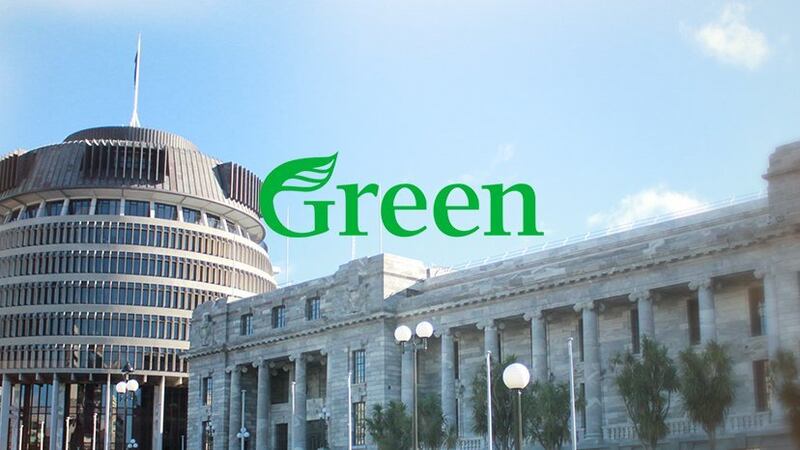An attitude problem across the country is still a major problem in trying to eliminate family violence, Family Violence Prevention Minister and Greens co-leader Marama Davidson says.
It has been almost a year since Davidson launched the 25-year national strategy, Te Aorerekura, to eliminate family violence and sexual violence. Te Aorerekura launched with 40 action plans and Davidson said all of those action plans were in motion.
“Those actions have a focus on prevention and not just responses, which is very different from what we have done before. They have a focus on government accountability and that agencies are accountable for not causing more harm.”
Davidson said the two main barriers holding back New Zealand in fighting against family violence were the resources and the authority to lead this important work but it had to be supported by the government and its agencies.
“Te Aorerekura is committed to that but what is taking some time is that we still have an attitude problem across all of Aotearoa New Zealand.”
“We still haven’t properly acknowledged the drivers of violence, we haven’t acknowledged the patriarchal attitudes, the gendered nature of violence toward woman and children.”
Davidson said that another part of the programme was the release of workforce tools and said New Zealand hadn’t had a real understanding of the dynamic of violence or how to respect, believe and validate people who put their hand up for help.
Focused on te Tiriti justice
“The workforce tools are about the government agencies being accountable so that when people put their hand up for help, they will be respected, believed and supported to the right awhi and the right services.”
Davidson also pointed out that her ministerial advisory group – the tangata whenua leadership group, which was established and launched this year, was grounded in te ao Māori expertise in the prevention of violence.
“They are a part of keeping Te Aorerekura centred and focused on Te Tiriti justice and acknowledging that Māori can lead the way for Māori but for everyone for healing and prevention work.”
Davidson said the colonial era had diminished the tapu and mana of Māori and was one of the big barriers to healing.
Meanwhile, with a general election coming up next year, Davidson said the Greens were mainly focused on getting whānau to participate and having a say by voting.
“We have to excite our people to want to engage and know they can make change by having a say when they have more of our kaupapa Māori voices around the decision-making table, so that’s our big priority.

